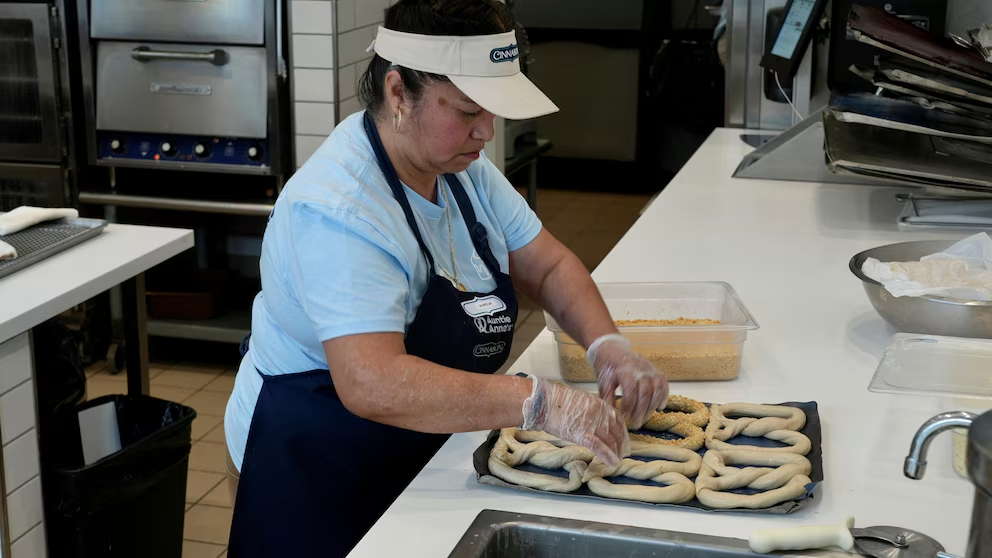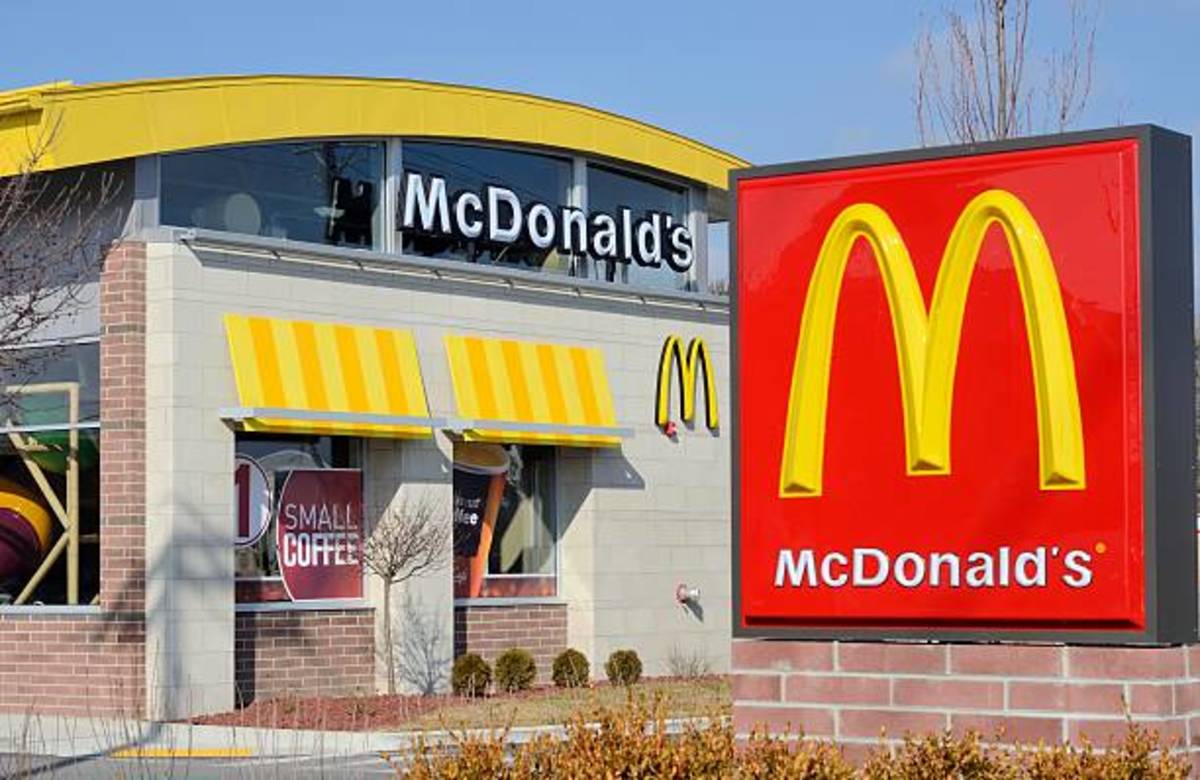Starting this Monday, the majority of fast-food workers in California will see their hourly wage rise to at least $20.
This increase comes after the state legislature approved the measure in September 2023. The new law specifically applies to fast-food establishments that offer limited or no table service and are part of a national chain with at least 60 locations nationwide.
However, restaurants inside grocery stores and those primarily selling bread as a standalone item are exempt from this requirement.
While the law has received support from the trade association representing fast-food franchise owners, some owners have expressed concerns about its impact.
For instance, Alex Johnson, who owns several Auntie Anne’s Pretzels and Cinnabon restaurants in the San Francisco Bay Area, has seen sales slow down in 2024, leading to layoffs.
He anticipates that complying with the wage increase will cost him around $470,000 annually. To offset these expenses, Johnson plans to raise prices at his stores by 5% to 15% and has halted new hiring and expansion efforts in California.
California has been gradually increasing its minimum wage over the past decade, doubling it for most workers to $16 per hour.

Despite initial concerns about potential job losses, data from University of California-Berkeley labor economics professor Michael Reich suggests that employment levels have remained stable or even increased following wage hikes.
Related Articles:
- Shocking Incidents of Women Being Assaulted in New York City Spark Nationwide Outrage
- Campaign: Newsom in South Carolina, Nevada for Biden-Harris
- Discover the Lap of Luxury: The 3 Most Lavish Homes in San Diego This Week!
While the $20 minimum wage for fast-food workers represents a significant step towards improving pay and livelihoods, its implementation has sparked debate over its impact on businesses and the economy.
As the new law takes effect, its effects on both workers and employers will continue to be closely monitored.























+ There are no comments
Add yours